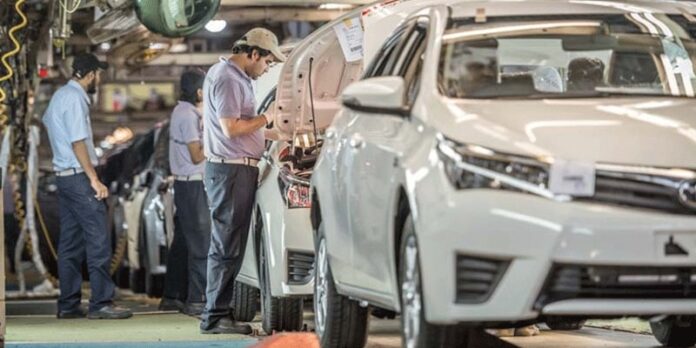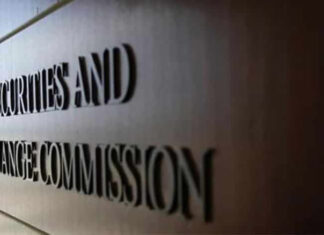ISLAMABAD: Local automobile assemblers and auto parts manufacturers have warned the government that any unilateral reduction in import duties on vehicles—without a transparent and long-term policy—could force them to abandon domestic production in favour of imports.
This concern was raised during a recent consultative meeting chaired by Haroon Akhtar Khan, Special Assistant to the Prime Minister (SAPM), with stakeholders from the Pakistan Association of Automotive Parts & Accessories Manufacturers (PAAPAM) and the Pakistan Automotive Manufacturers Association (PAMA). Officials from the Ministry of Industries and Production and the Engineering Development Board (EDB) also attended the meeting.
The session was part of ongoing consultations for the National Tariff Policy (NTP) 2025–30, which is set to come into effect on July 1, 2025. The proposed policy aims to reduce trade barriers, streamline customs procedures, and gradually eliminate Additional Customs Duties (ACDs) and reduce Regulatory Duties (RDs) across various sectors, including automobiles.
However, auto sector representatives expressed serious reservations, particularly over proposals to lower import duties to around 15 percent by 2030. They warned that such changes, if implemented without due support for local manufacturers, could decimate the domestic industry.
“If cars are imported at 15 percent duty, auto parts would naturally be imported at 0 to 10 percent. That completely undercuts local production,” said Abdul Rehman, Chairman of PAAPAM. “Our cost of production is already high due to electricity tariffs, expensive raw material imports such as steel and plastics and elevated financial costs. We simply can’t compete with regional players like India, China, Thailand, or Vietnam.”
In an earlier meeting, the SAPM had asked PAAPAM to provide a detailed breakdown of taxes and duties impacting auto parts manufacturers. PAMA representatives also shared that the duty on Completely Built Units (CBUs) currently ranges between 50 to 100 percent, depending on the vehicle type. In contrast, PAAPAM stated that local parts manufacturers are protected by only 18 percent against Completely Knocked Down (CKD) kits.
Currently, the import duty on CKD kits is 15 percent for motorcycles and just 1 percent for tractors.
Industry officials also questioned the claims made by Original Equipment Manufacturers (OEMs) that some models had achieved up to 60 percent localisation. Despite such claims, vehicle prices remain uncompetitive globally and out of reach for most Pakistani consumers.
“The government needs to issue a clear and consistent policy,” Abdul Rehman emphasized. “Every two to three years, we face policy reversals or ambiguity, making it impossible to plan long-term.”
The PAAPAM presentation has now been submitted to the EDB for evaluation, and a report will be forwarded to the Ministry of Industries in the coming days.























